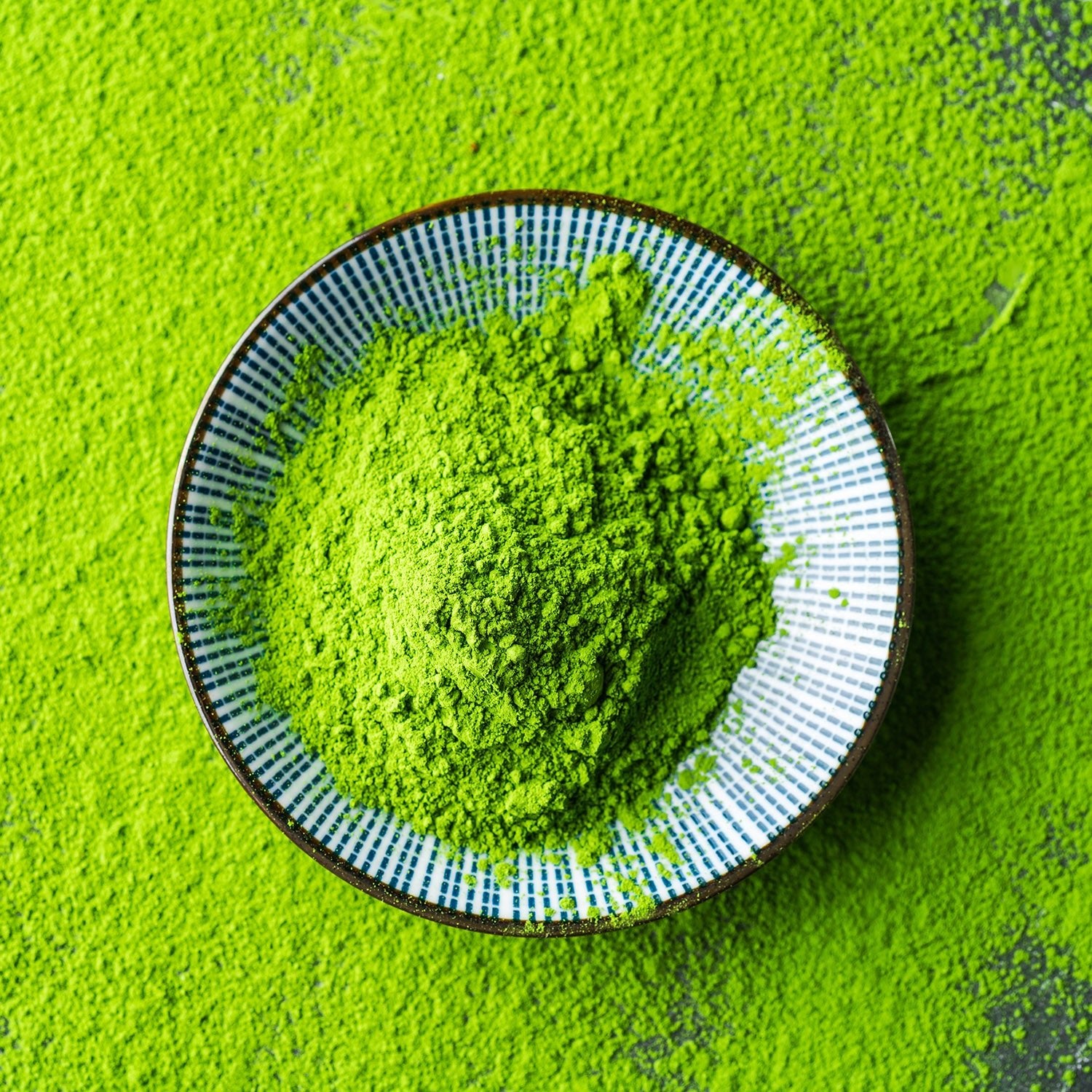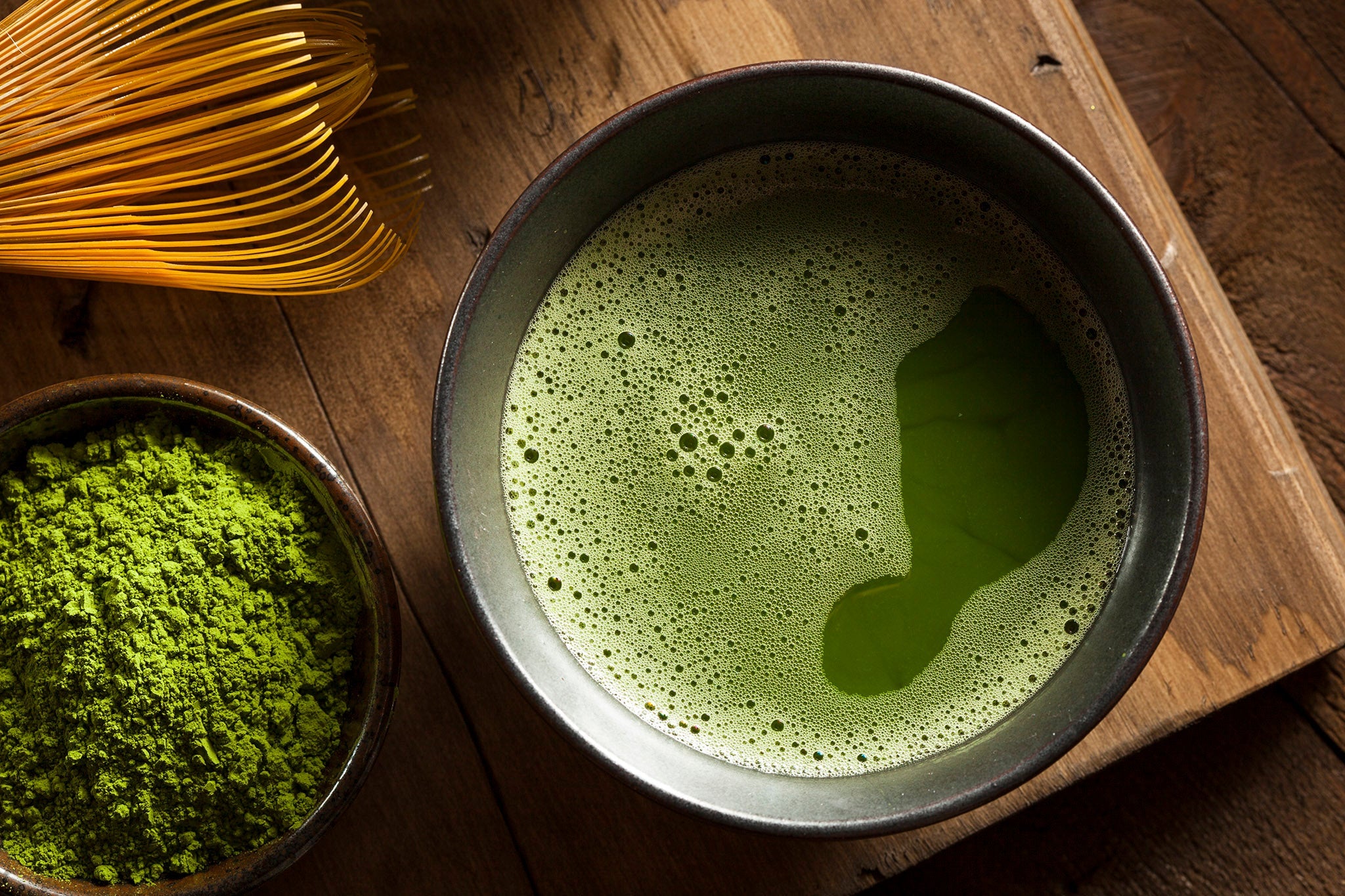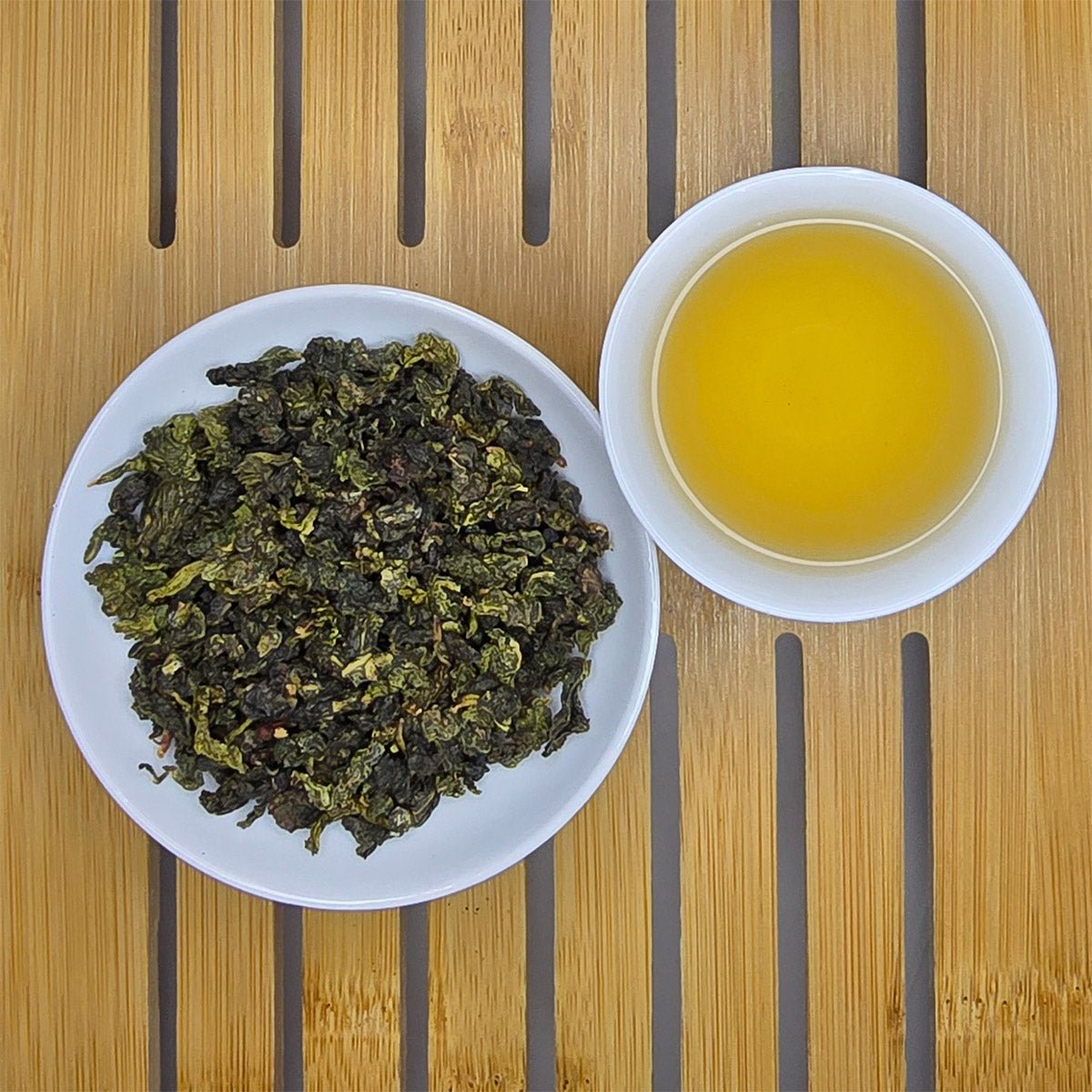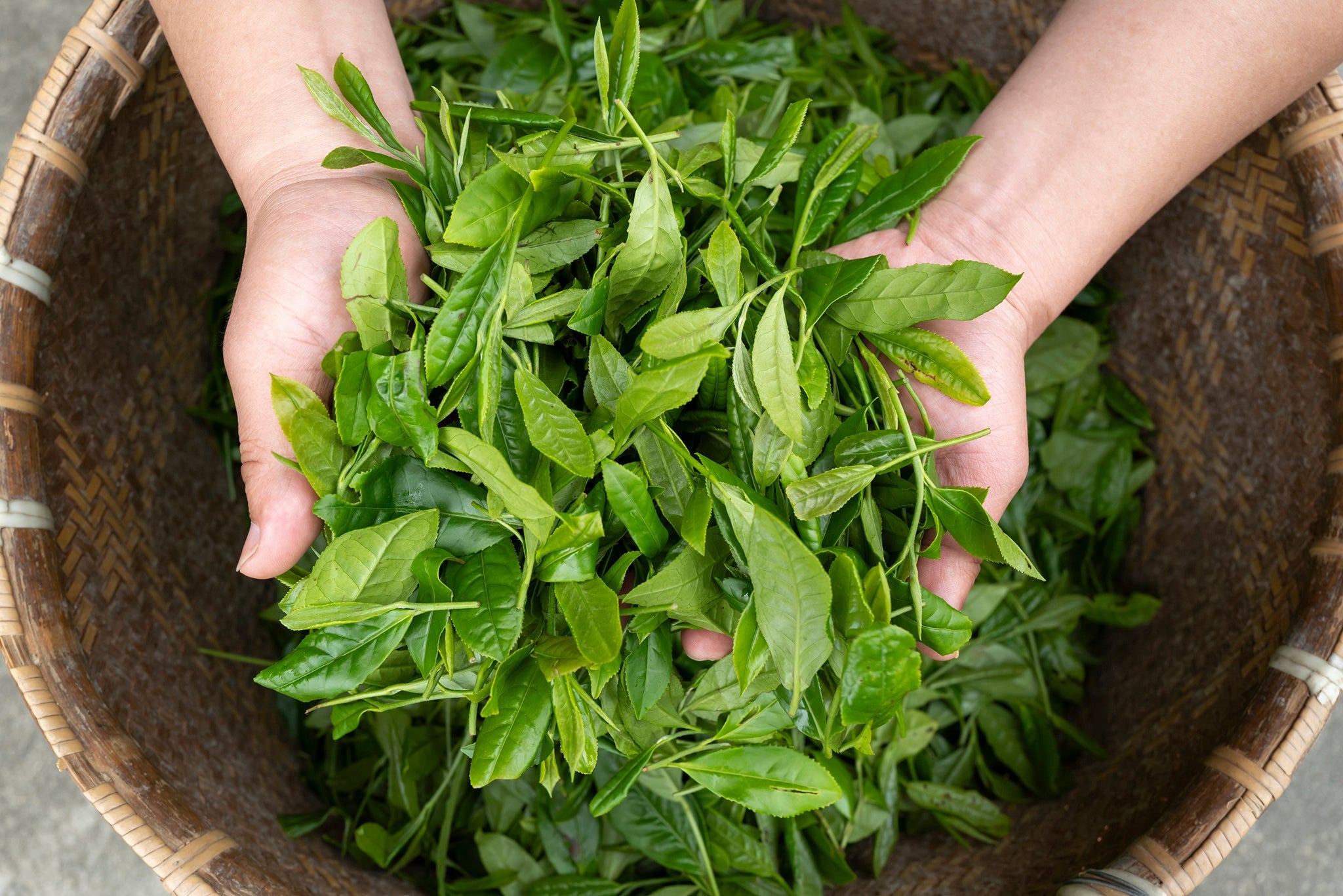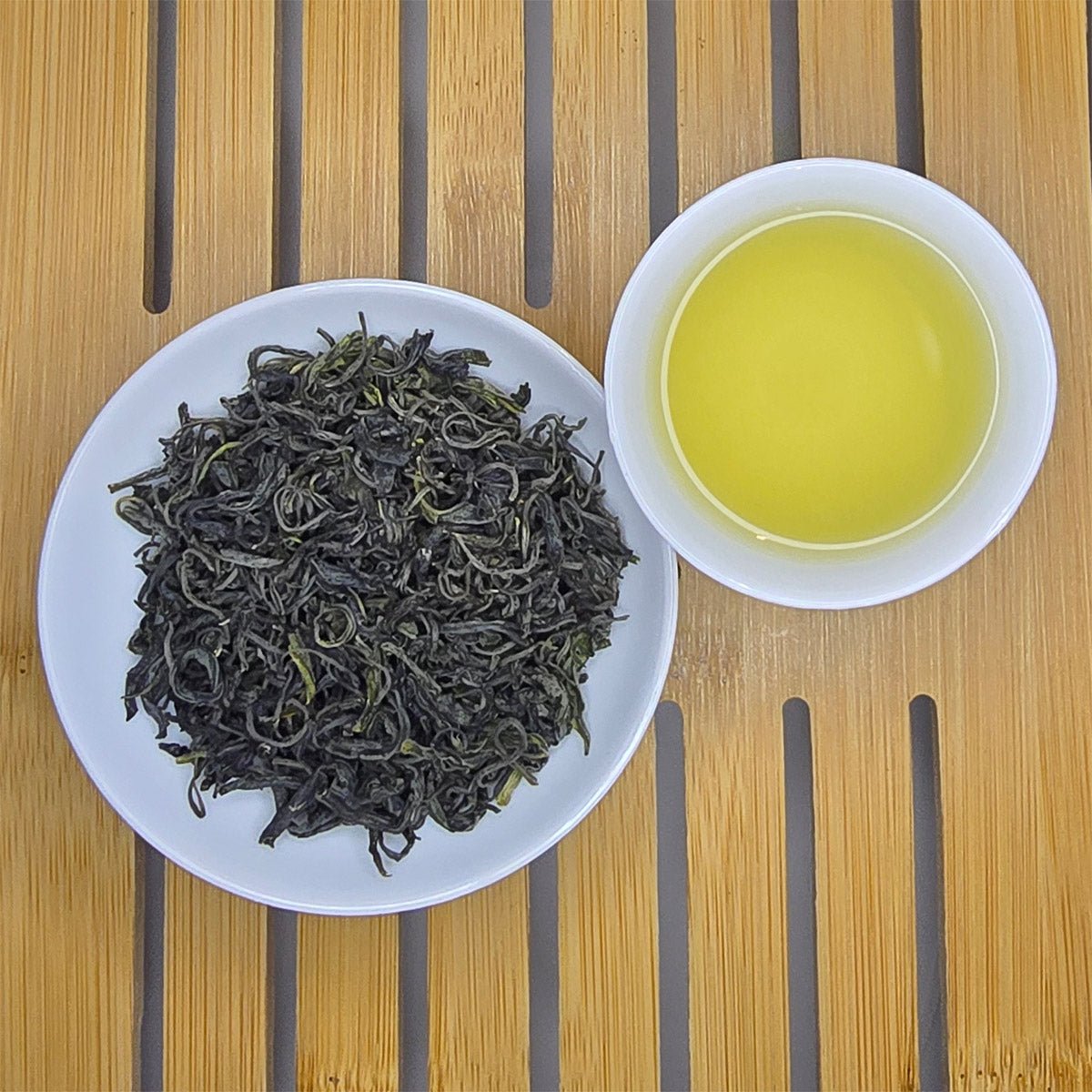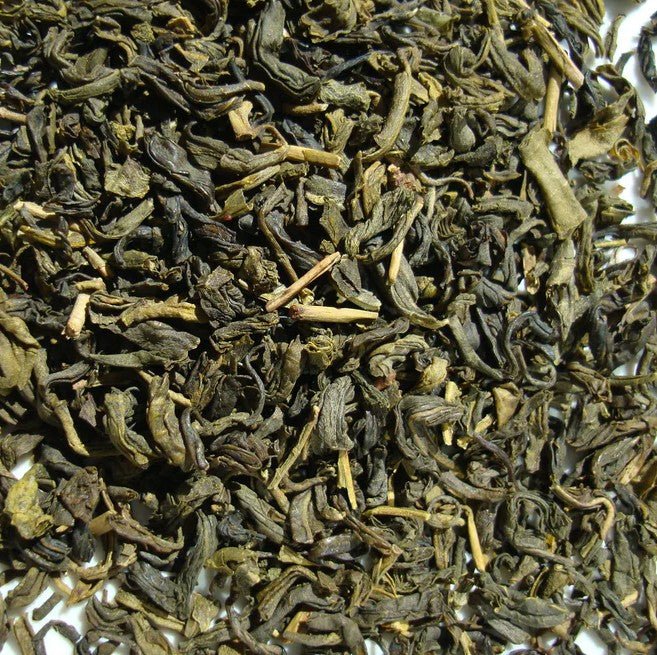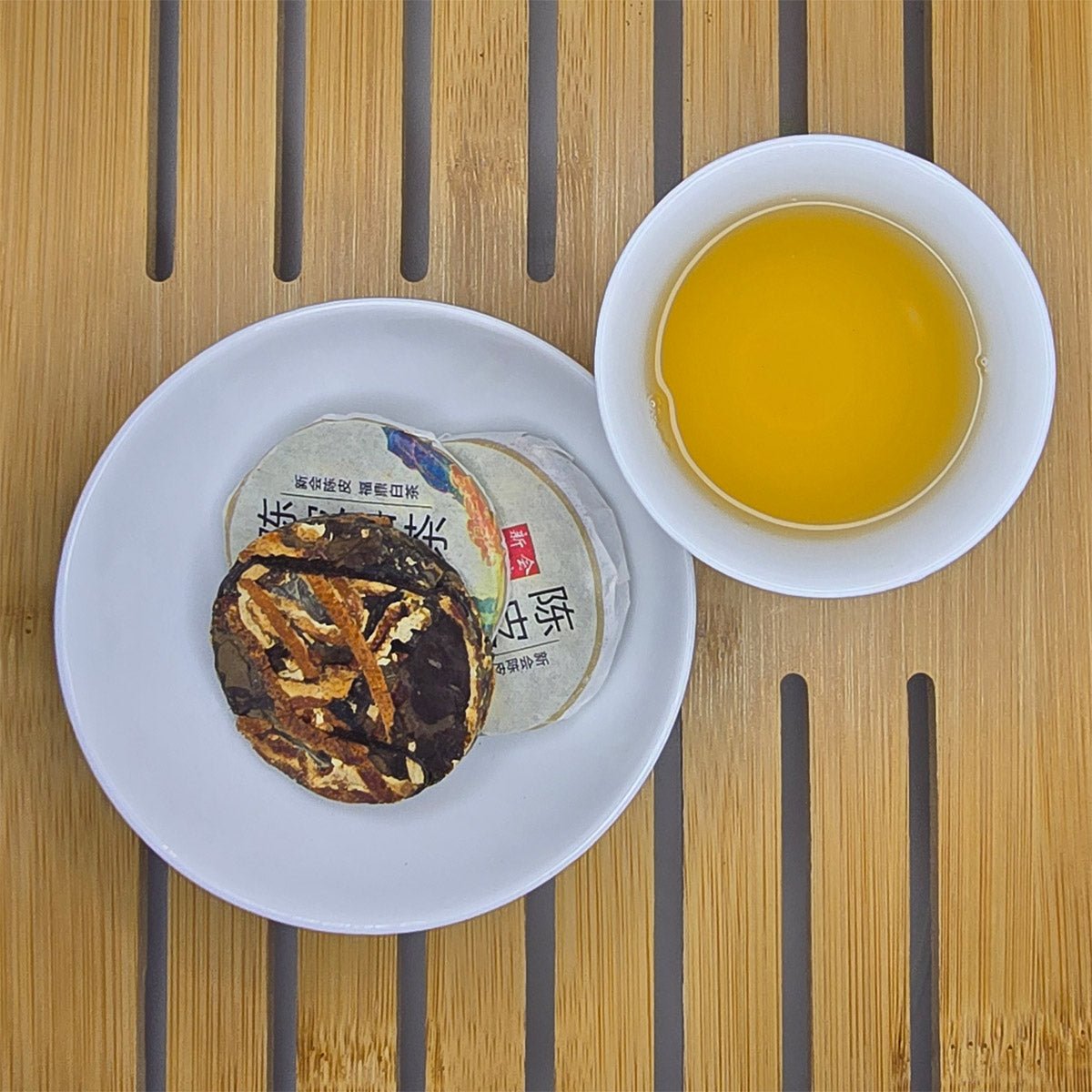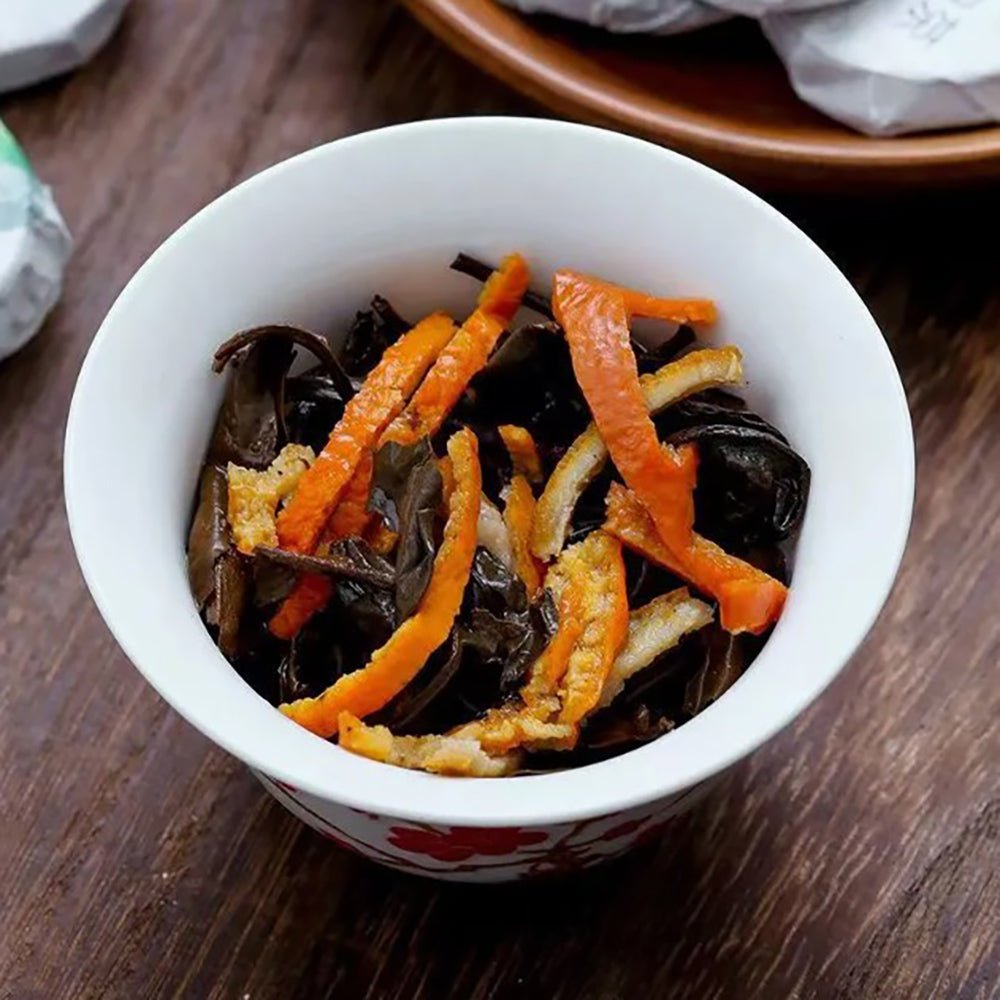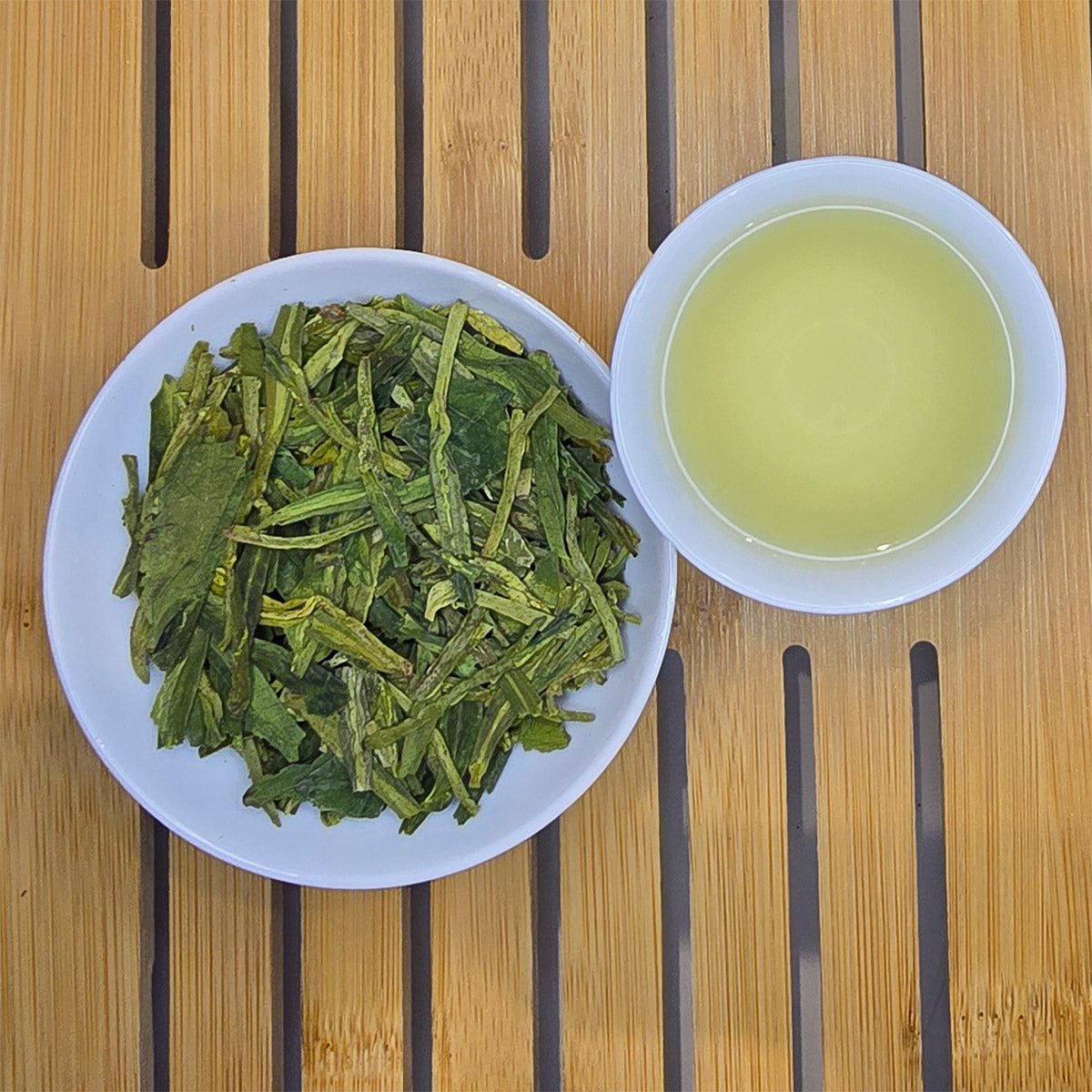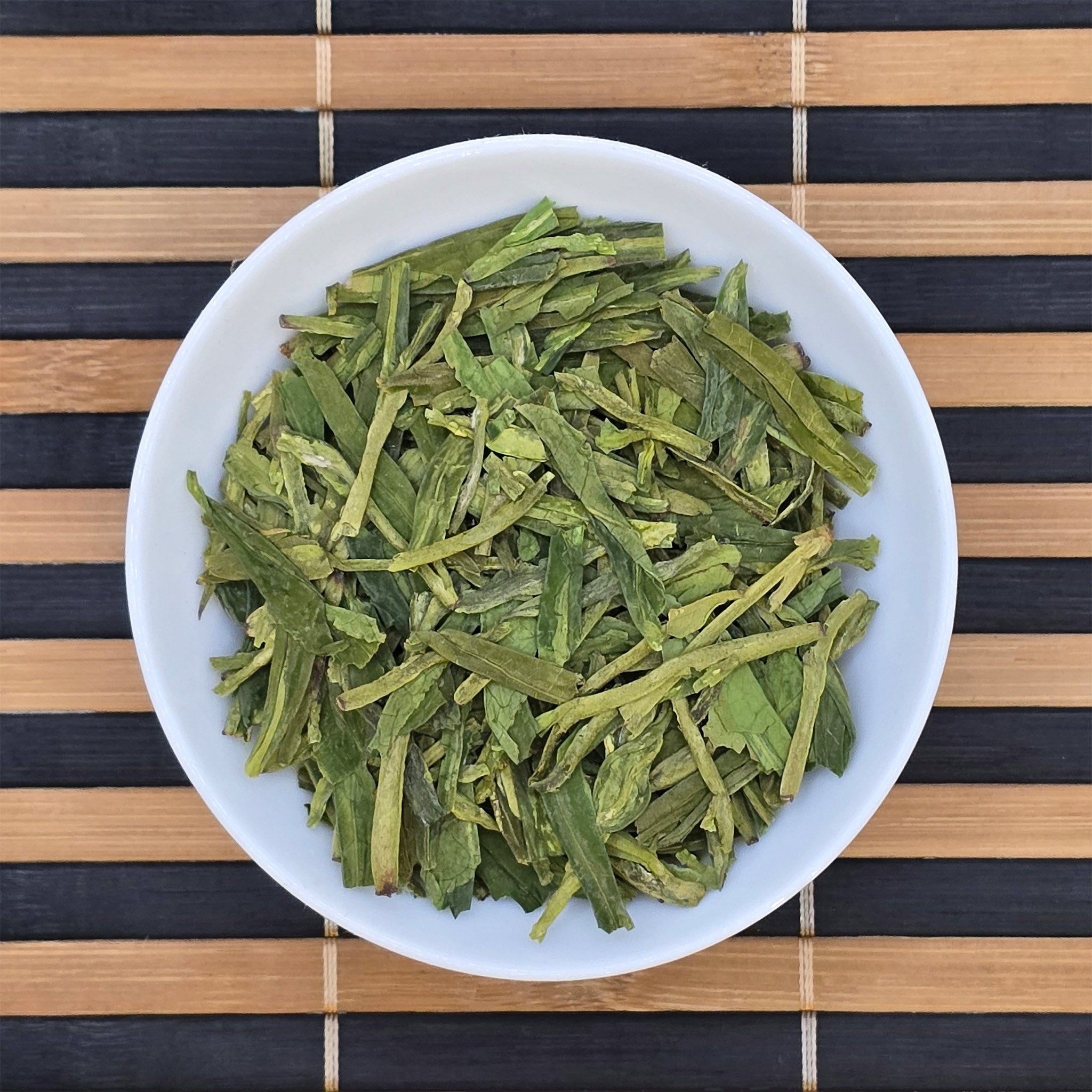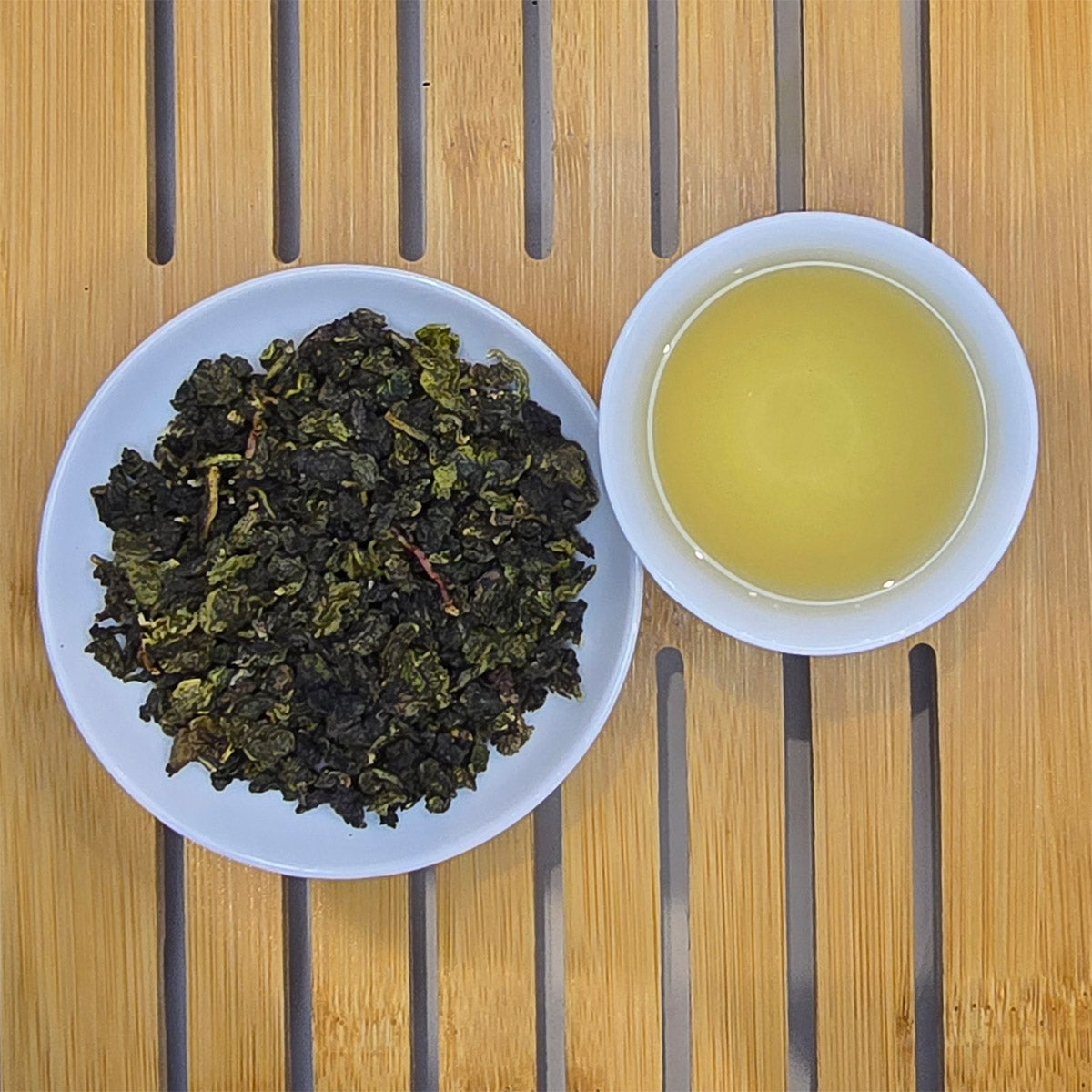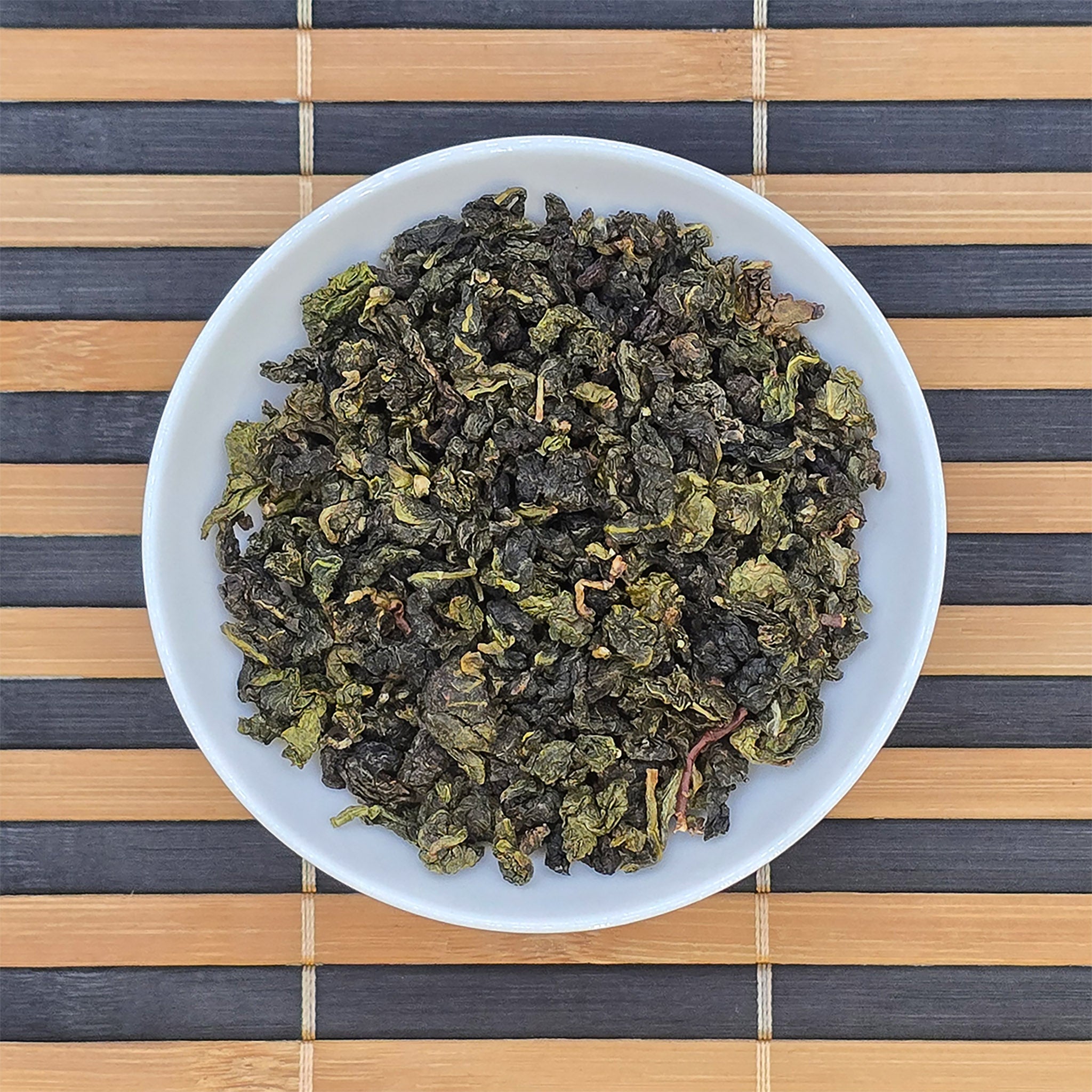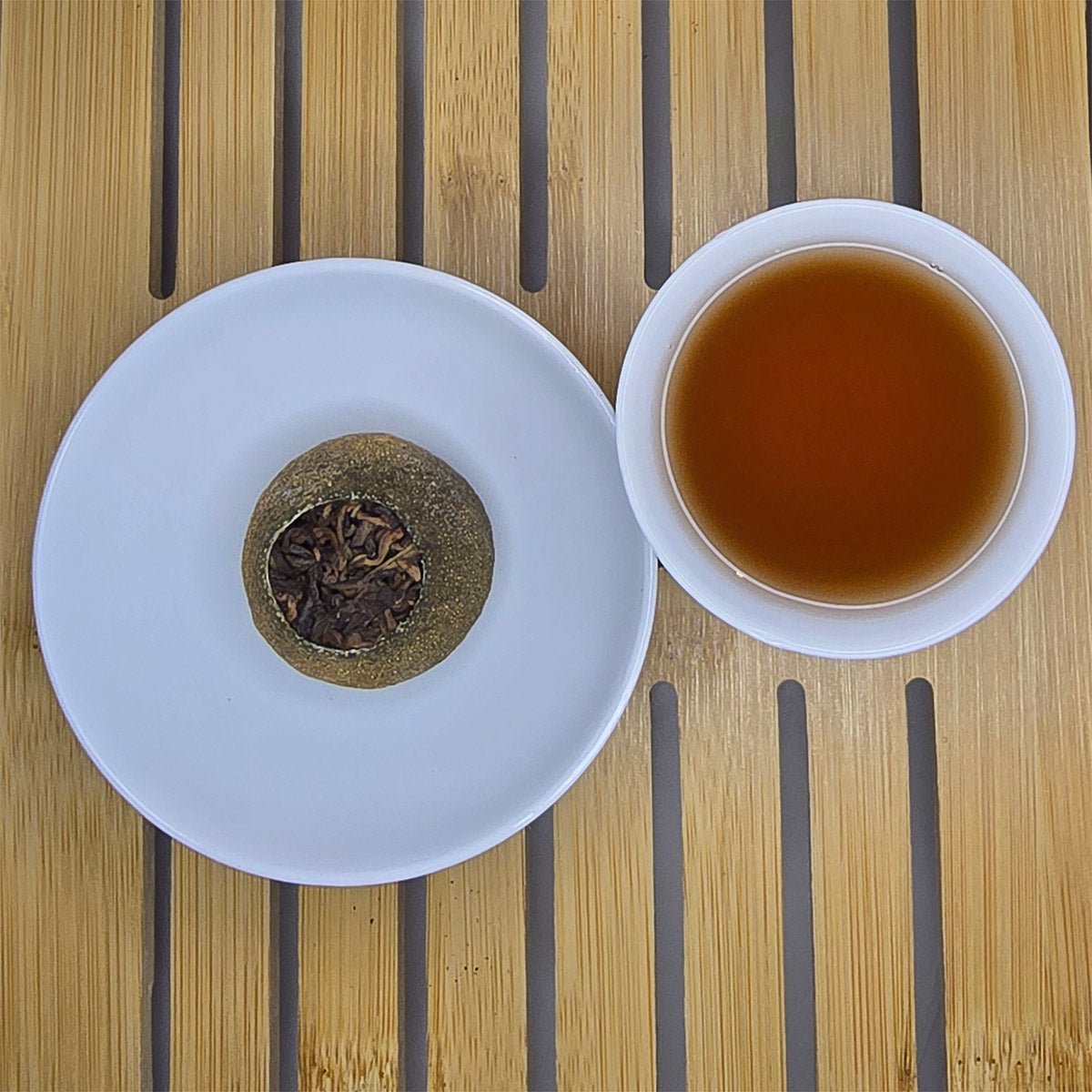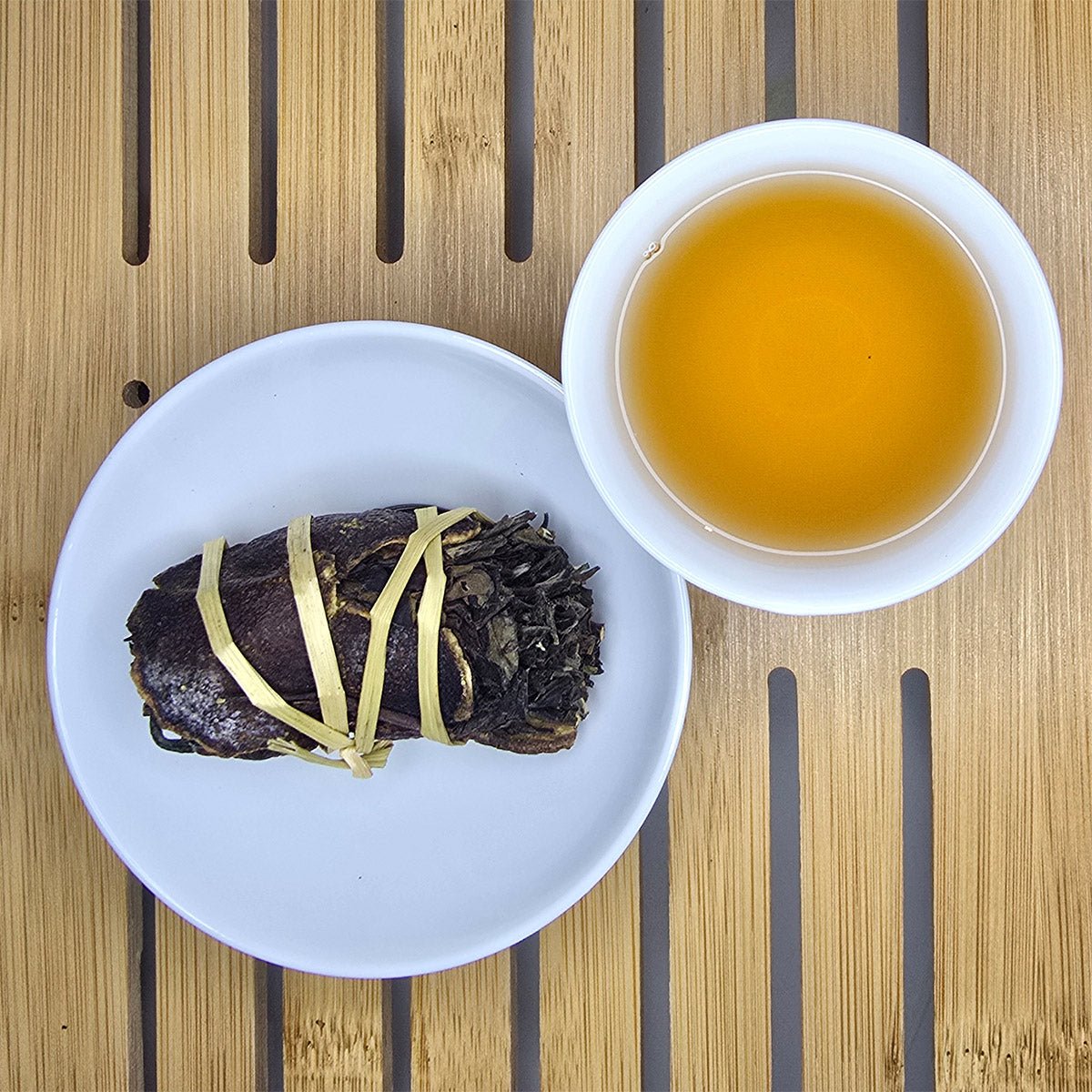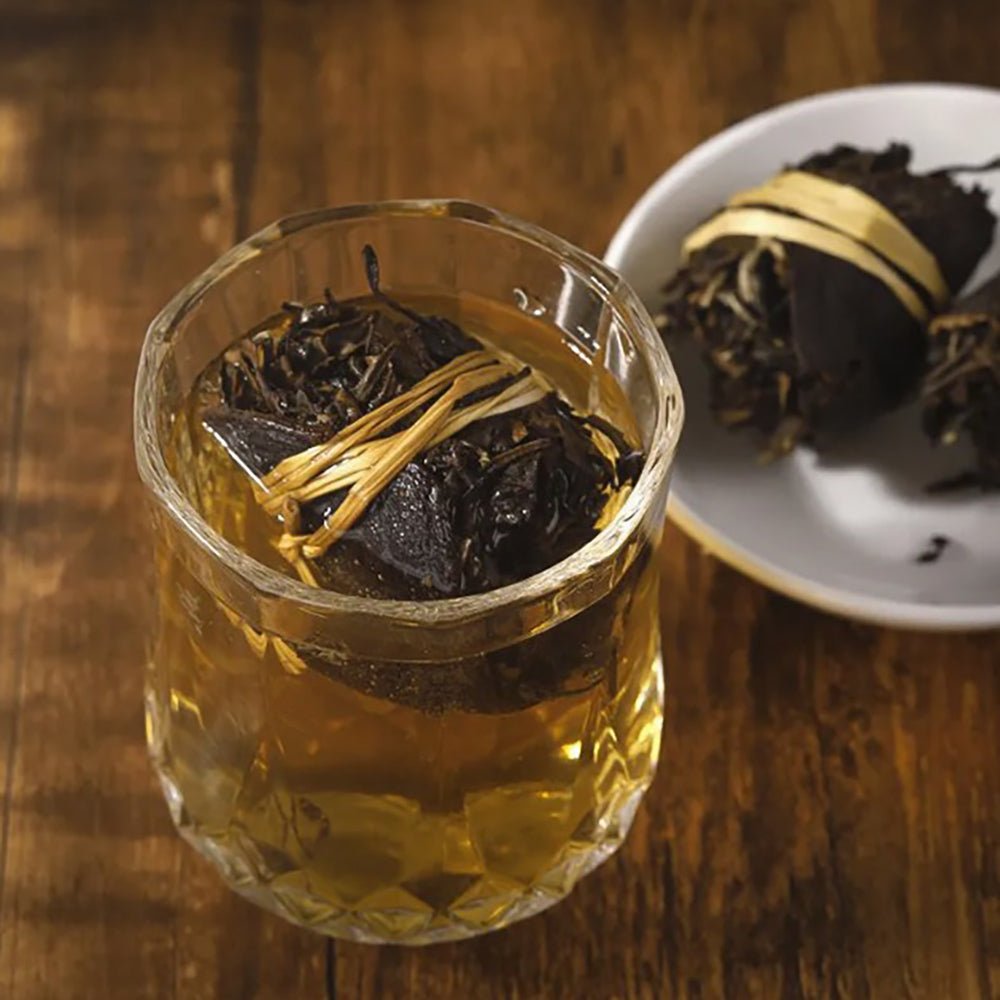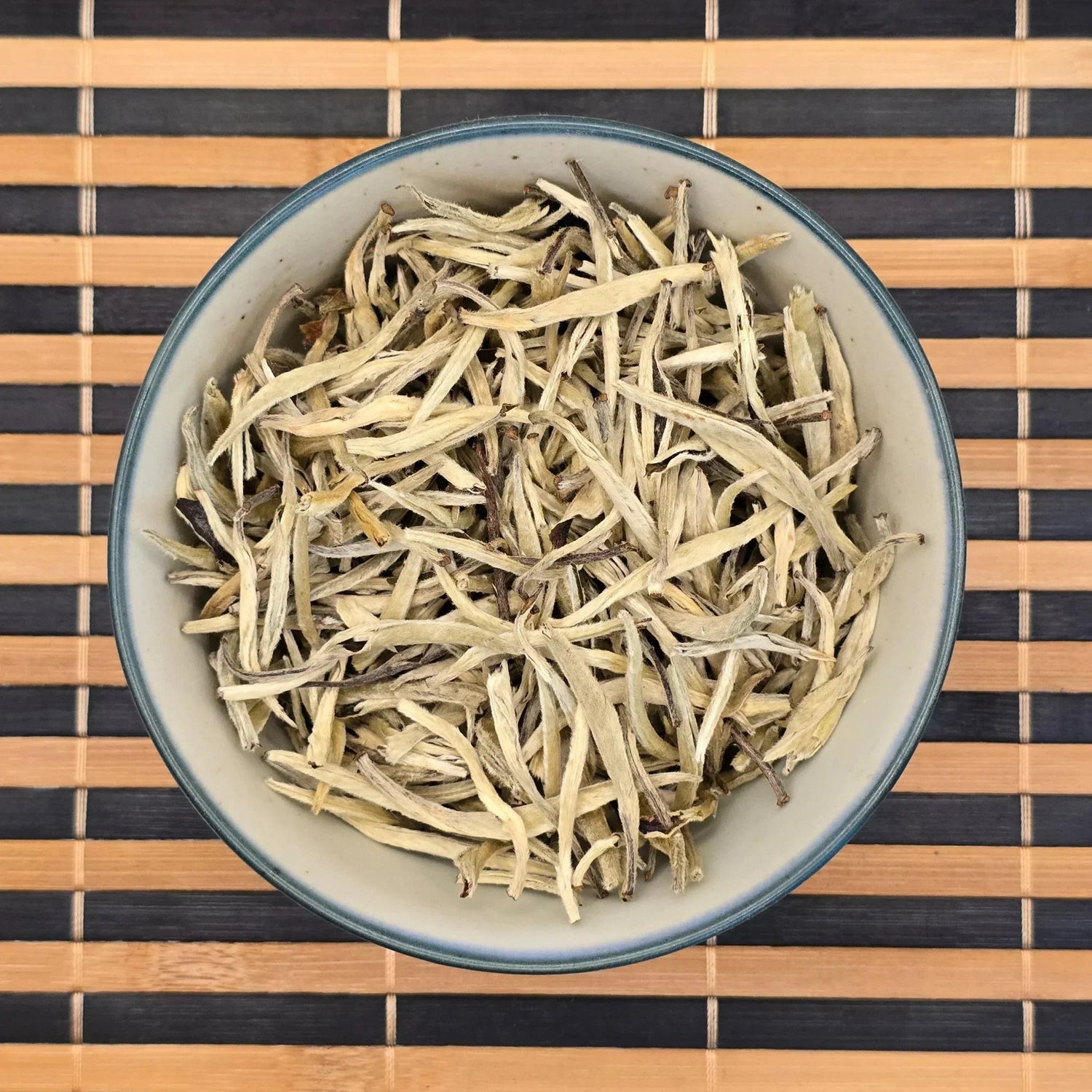🐾 Can Dogs Drink Tea? A Complete Guide for Pet Owners
Tea is one of the most beloved beverages around the world, especially here in the UK, where billions of cups are consumed annually. It’s only natural that curious dog owners might wonder: can dogs drink tea too? This guide explores whether different types of tea are safe for dogs, the risks involved, and healthy alternatives you can consider.

1. Understanding What Tea Contains
Tea made from Camellia sinensis, black, green, white, and oolong, contains caffeine, tannins, and other plant compounds. Dogs metabolise caffeine much more slowly than humans, making them more vulnerable to its effects. Even decaffeinated tea contains trace amounts, so it's best to be cautious.
2. Why Caffeinated Tea Is Unsafe for Dogs
All caffeinated teas pose risks. Caffeine overstimulates a dog’s nervous system and heart, potentially causing restlessness, elevated heart rate or blood pressure, vomiting, tremors, seizures, and even collapse.
- Small breeds are especially at risk; even just a few sips can cause harm.
- A typical cup of tea contains 30–60 mg of caffeine, enough to cause toxicity in small dogs.
3. Signs of Caffeine Poisoning in Dogs
If a dog ingests caffeinated tea, symptoms often begin within 30–60 minutes and may include:
- Restlessness and hyperactivity
- Vomiting and diarrhoea
- Elevated heart rate, abnormal heart rhythms
- Tremors, seizures
- Elevated body temperature
- In severe cases: collapse or death
If you suspect poisoning, contact your vet or a pet poison helpline immediately.
4. Other Risks: Tannins, Sugar & Dairy Additives
Even decaffeinated tea isn’t risk-free. It still contains tannins, which in large amounts can lead to liver or kidney issues, or gastrointestinal upset. Sugar, sweeteners and milk added to tea exacerbate problems: sweetness can lead to weight gain or diabetes, and milk may cause digestive upset in lactose-intolerant dogs.
5. The Case for Herbal Teas
Some caffeine-free herbal teas may be safe in moderation:
- Chamomile: often used to calm anxiety, ease GI distress.
- Peppermint: may soothe an upset stomach and freshen breath.
- Ginger tea: anti-nausea, anti-inflammatory; use diluted.
- Rooibos tea: naturally caffeine-free, rich in antioxidants, gentle on the stomach.
- Echinacea: immune-supporting, but avoid if the dog has autoimmune conditions.
However, every herbal “tea” is different, and not every blend is safe. Always verify ingredients and ensure they are free from additives, essential oils or sweeteners.
6. Potential Benefits of Safe Herbal Teas
While plain water remains the best hydration source for dogs, certain herbal infusions may offer mild benefits:
- Calming effect: due to L-theanine (found in many teas) and soothing herbs.
- Digestive support: especially with ginger or peppermint.
- Antioxidants: chamomile, rooibos and green (decaf) contain catechins that may support immunity and reduce inflammation.
But note: the evidence mainly comes from small-scale studies or inferred benefits, not clinical trials.

7. Best Practices If Considering Herbal Tea for Dogs
- Consult your vet first, especially if your dog has health conditions or is on medication.
- Use only pure, caffeine-free herbal teas (chamomile, peppermint, rooibos, ginger, echinacea).
- Brew weak: steep, cool, and dilute tea before offering. Lukewarm or room temperature only.
- A small serving only: e.g., a teaspoon to 1 Tbsp mixed into food or water, not as a replacement for water.
- Avoid long-term use: use only occasionally, and observe for any GI upsets or behavioural changes.
- Don’t add milk, sugar, honey or artificial sweeteners.
8. How to Serve Herbal Tea to Dogs Safely
- Brew a very weak infusion of a single herb for about 5–10 minutes.
- Let it cool completely, then dilute (suggested ratio: 1 part tea to 2 parts water).
- Offer only a teaspoon to a tablespoon at first, depending on dog's size.
- Monitor for any reaction over the next few hours.
- Provide fresh water always.
Following these steps ensures minimal risk and allows you to assess tolerance.
9. Homemade Dog-Friendly Tea Recipes
Here’s a vet-approved DIY option:
- Chamomile-Ginger Soother: Steep ½ tsp chamomile flowers + a slice of fresh ginger in 200ml hot water. Cool, strain, dilute with water, and offer 1–2 Tbsp depending on size.
- Rooibos Fizz: Brew rooibos, cool, dilute, chill slightly. Serve as an occasional hydrating treat.
Tip: Skip honey or sugar. even white sugar or xylitol-free sweeteners can risk stomach upset or toxicity.
10. Tea vs. Water: Why Water Always Wins
Nothing beats fresh, clean water for canine hydration. Dogs need more water than treats or beverages.
- Tea (especially caffeinated) poses health risks.
- Herbal teas may add little extra benefit over water.
- Water supports all vital functions, digestion, temperature regulation, kidney function, and more, with no downsides.
11. Frequently Asked Questions
Q: Can dogs ever drink black, green, white or oolong tea?
A: No — all contain caffeine and tannins and are therefore unsafe. Even decaf versions still contain trace caffeine.
Q: Is tea with milk safe?
A: No. Milk increases the risk of digestive upset, especially if lactose-intolerant. It also adds unnecessary fat and calories.
Q: Could tea cause long-term organ damage?
A: High tannins and caffeine can stress the liver, kidneys, and heart over time—especially with repeated exposure.
Q: Are pet‑safe “calming teas” from stores okay?
A: Some commercial calming blends formulated for dogs may be safe, but always check for certification (FEDIAF/PFMA) and consult your vet before introducing them.
12. SEO Summary Table
| Tea Type | Safe for Dogs | Risks | Possible Benefits |
|---|---|---|---|
| Black / Green / Oolong / White | ❌ No | Caffeine toxicity, tannins, vomiting, tachycardia, seizures | None |
| Decaffeinated Camellia teas | ⚠️ Typically no | Still small caffeine/tannins; risk of overconsumption | Few, outweigh by risk |
| Herbal (Chamomile, Peppermint, Ginger, Rooibos, Echinacea) | ✅ In moderation with veterinarian approval | Possible GI upset, herb-specific interactions | Calming, digestive support, antioxidants |
| Milk/Sweetened Tea | ❌ No | Lactose intolerance, sugar, xylitol toxicity | No benefits for dogs |
14. Final Thoughts
In short, dogs should not drink regular tea due to the risk of caffeine and tannins. Herbal teas like chamomile, peppermint, ginger or rooibos may be safe in very small, diluted amounts, but only after speaking to your veterinarian. And always remember: fresh water is the best drink for your dog’s health and hydration.


